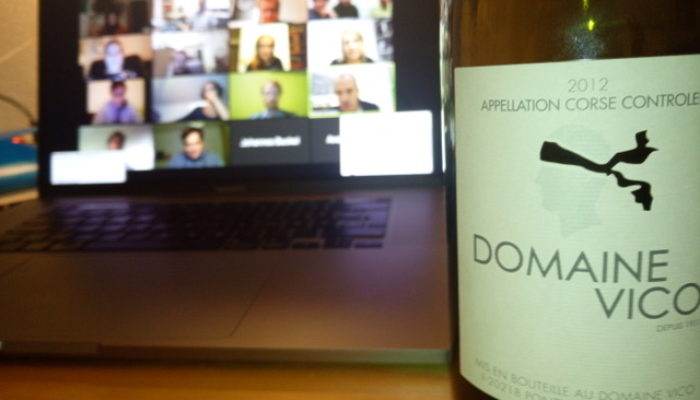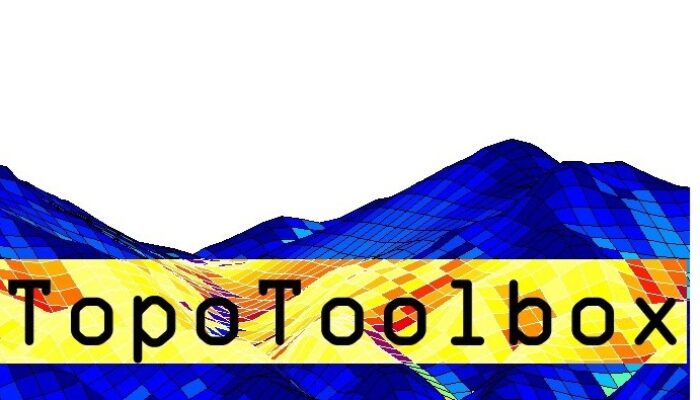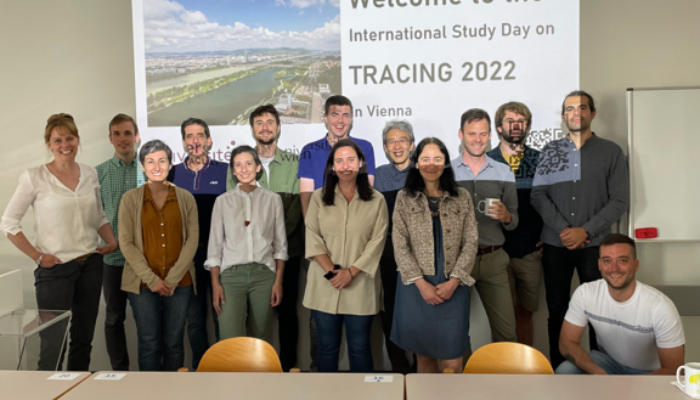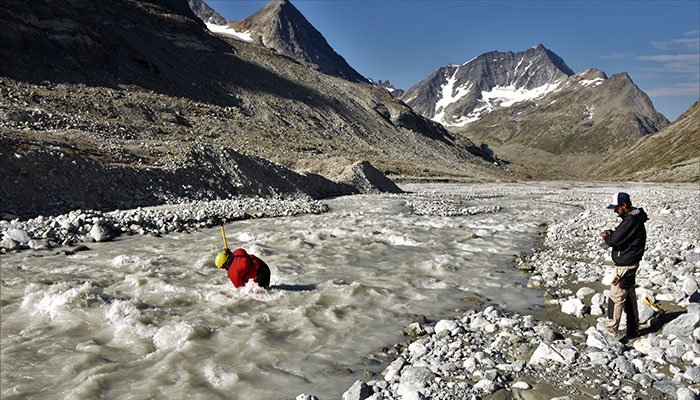Please contact one of the GM blog editors, Emily (eb2043@cam.ac.uk) or Emma (elodes@asu.edu), if you’d like to contribute on the blog! by Wolfgang Schwanghart (Researcher, University of Potsdam, Germany), Dirk Scherler (Professor, Freie Universität Berlin and GFZ-Potsdam, Germany) and William Kearney (Research Software Engineer, University of Potsdam, Germany) Email: schwangh@uni-potsdam.de We al ...[Read More]
International initiatives to solve the challenges to trace sediment and contaminant in river systems
Soil and water resources that are essential to human and aquatic life are increasingly threatened by human activities and the impacts of land use and climate change. Sediments play hereby a key role, particularly fine sediments with sediment-associated pollutants, which can lead to a substantial degradation of water body quality, such as in rivers and reservoirs. Sediment tracing as a first step t ...[Read More]
Running a live stream of proglacial processes
This is a joint post, published together with the hydrological sciences division blog, the cryospheric sciences division blog, the geomorphology division blog, given the interdisciplinarity of the topic. – Floreana Miesen and Prof. Dr. Stuart Lane, University of Lausanne – In Switzerland, nothing is really remote, but some places are more so than others. Dense infrastructure networks t ...[Read More]
Pandemics vs. Academia: How do German geomorphologists deal with teaching, research projects and online conferences during the COVID-19 pandemic?

– Authors: The German Young Geomorphologists (Renee van Dongen, Jörn Profe, Steffi Tofelde, Janek Walk, Mario Kirchhoff, Julian Trappe, Johannes Buckel, Stefan Haselberger, Simon Meyer-Heintze) – COVID-19 Pandemic has changed the world this year. We as scientists are affected by this pandemic, but we can mostly work from home and most importantly, we can conduct our jobs. Nonetheless, ...[Read More]
A geomorphologist’s winter refuge
– written by Michael Dietze, GFZ Potsdam – Why Swedish, Finnish and German geomorphologists meet in the boreal zone to drill holes into icy rivers and frozen ground. There are many ways to counter the lazy days between Christmas and the EGU meeting. One of the more promising ones is this: think of doing collaborative field work in February, in northern Sweden, on and around a frozen ri ...[Read More]
Do glaciers really do all the work? Perhaps not.
Kerry Leith from the Engineering Geology Department at the ETH Zürich set up a post on their latest publication and the backstory behind it. As they announced on their own website (www.stressdriven.com) review comments ranged from “mediocre or poor” to “[…] provocative, potentially revolutionary (if correct) analysis”. It surely contains interesting thoughts. – ...[Read More]



